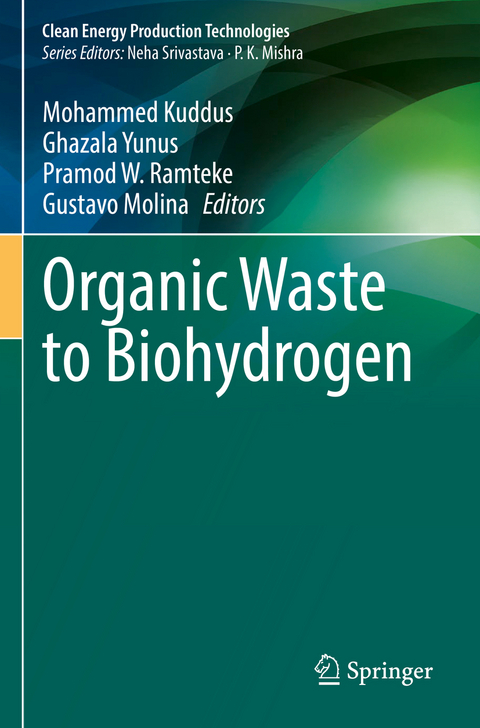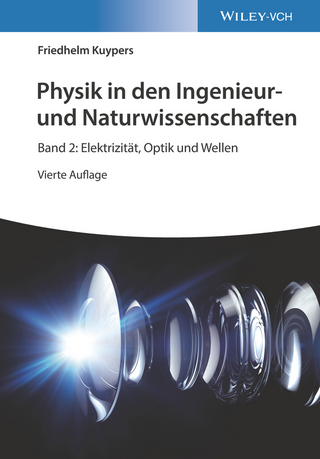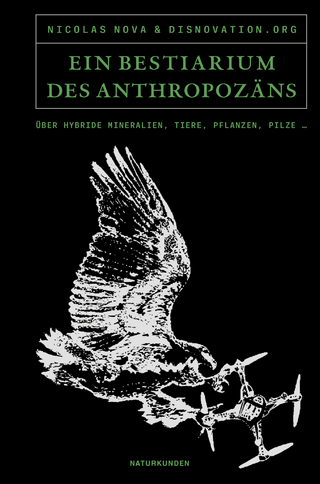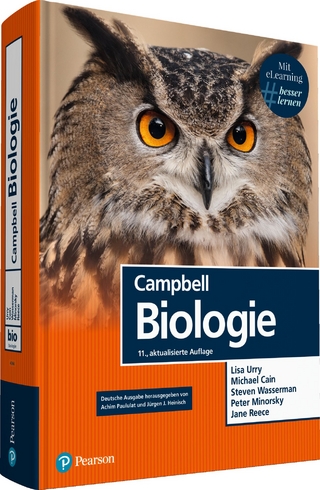
Organic Waste to Biohydrogen
Springer Verlag, Singapore
978-981-19-1997-8 (ISBN)
This book provides an updated knowledge on the biohydrogen production from industrial and municipal organic waste materials. Microbes are increasingly being included in the hydrogen based biofuel production and this book covers the processes and protocols for biohydrogen production. There is an urgent need of alternative energy research to fulfill the global energy demand. Biohydrogen is a promising source of sustainable and clean energy as it harnessed by biological means. Biohydrogen may be produced by utilizing different waste materials as a substrate, and by optimization of various parameters of bioreactors such as temperature, pH, partial pressure etc. The waste materials used in hydrogen production are categorized as agricultural waste, municipal waste, industrial waste, and other hazardous wastes. Biohydrogen production from wastes materials opened a new opportunity for the widespread use of everlasting renewable energy source. This book is useful for professional scientists, academicians, biotechnologist and environmentalist along with research scholars in various biotechnology and bioenergy industries by addressing the latest research going on in the field of renewal bioenergy production from waste and their global impact on the environment.
Professor. Mohammed Kuddus is currently working at the Department of Biochemistry, College of Medicine, University of Hail, Kingdom of Saudi Arabia. His main research areas includes molecular biology, enzyme technology, biopolymers, waste utilization, and food and microbial biotechnology. He has more than 15 years of integrated teaching and research experience and published more than 75 research articles in peer reviewed international journals along with 7 books and 22 book chapters. He has also published 40 abstracts at International/ National conferences and symposia and received best presentation awards. He has supervised 6 PhD theses and 12 PG/UG dissertations. He has been serving as an editor/editorial board member for 20 and reviewer for more than 40 international peer-reviewed journals. He has also been awarded SERC Young Scientist Project from the Department of Science and Technology, Govt of India; and Young Scientist Project from International Foundation for Science, Stockholm, Sweden. Dr. Ghazala Yunus completed her PhD in Biophysics from Integral University, Lucknow, India. At present, she is working as an Assistant Professor at the Department of Basic Science, University of Hail, Kingdom of Saudi Arabia. Dr. Yunus’s main research areas includes biophysics, bioinformatics and biosensors. She has published more than 15 research articles in reputed international journals along with one book and two book chapters. She has been serving as an Editorial Board Member and Reviewer of various international reputed journals. Professor. Pramod W Ramteke is currently Adjunct Professor at the Department of Biotechnology, Dr. Ambedkar College, Nagpur, Department of Life Sciences, Mandsaur University, Mandsaur and Department of Molecular Biology & Genetic Engineering, RTM Nagpur University, Nagpur. He has 36 years of teaching and research experience and contributed significantly towards the development of microbe based eco-friendly processes for sustainable crop production and utilization of agricultural wastes for production of biofuel and industrially important enzymes. He is an elected Fellow of National Academy of Agricultural Sciences, Biotech Research Society of India, Royal Society of Biology, Academy of Microbiological Sciences (AMI), National Academy of Biological Sciences, Mycological Society of India and International Society of Environmental Botanists. He is recipient of BHU Centennial Award, Excellence in Science Award (SCON), J. C. Bose Gold Medal, Dr. J. C. Edward Medal, Prof. K. S. Bilgramy Memorial Award, Prof. K. V. Shastri Gold Medal and V. S. Chauhan Gold Medal. He has mentored 39 PhD, 72 PG students and 4 patents, 2 technologies, 5 databases and 323 gene sequences in NCBI are to his credit. He has authored/edited 10 books and over 250 research articles. He was a visiting Scientist to the USA, the United Kingdom, Belgium, Hungary, Turkey, the Czech Republic, and South Korea and a member of the 18th Indian Scientific Expedition to Antarctica. Dr. Gustavo Molina is graduated in Food Engineering, earned his Master’s (2010) and PhD degrees (2014) from the University of Campinas – Unicamp (Campinas – Brazil), and part of his doctoral research was developed at Laboratoire de Génie Chimique et Biochimique, Université Blaise Pascal (Clermont-Ferrand – France). He is head of the Laboratory of Food Biotechnology and is conducting scientific and technical research at UFVJM (Diamantina – Brazil). In 2016-2017, he developed his Postdoctoral research at the Institut Polytechnique de Grenoble (Grenoble – France) in the area of bio-refinery and development of the enzymatic hydrolysis process of lignocellulosic materials. He has published more than 50 articles and book chapters in national and international journals and is a member of scientific committees and editorial boards. His research interests are focused on industrial biotechnology, aiming at the biotechnological production of ingredients, bioprocess development and optimization, and use and valorization of agro-industrial by-products into new biotechnological additives, among others.
lt;br>Chapter 1. Biohydrogen from the organic fraction of municipal solid waste.- Chapter 2. Biohydrogen from food waste.- Chapter 3. Biohydrogen from fruit and vegetable industry wastes.- Chapter 4. Biohydrogen from Distillery Wastewater: Opportunities and feasibility.- Chapter 5. Biohydrogen from pentose-rich lignocellulosic biomass hydrolysate.- Chapter 6. Biohydrogen Production using Cheese Industry Waste: Current trends and Challenges.- Chapter 7. Methods of biological hydrogen production from industrial waste.- Chapter 8. INNOVATIVE TECHNOLOGIES FOR BIOHYDROGEN PRODUCTION AT INDUSTRIAL LEVEL.- Chapter 9. Thermochemical conversion of lignocellulosic biomass for biohydrogen production.- Chapter 10. Nanotechnological approaches in biohydrogen production.- Chapter 11. Microalgal biomass as a promising feedstock for the production of Biohydrogen: A comprehensive review.- Chapter 12. Biohydrogen: Future energy source for the society.
| Erscheinungsdatum | 04.07.2023 |
|---|---|
| Reihe/Serie | Clean Energy Production Technologies |
| Zusatzinfo | 1 Illustrations, black and white; XI, 288 p. 1 illus. |
| Verlagsort | Singapore |
| Sprache | englisch |
| Maße | 155 x 235 mm |
| Themenwelt | Naturwissenschaften ► Biologie ► Allgemeines / Lexika |
| Naturwissenschaften ► Biologie ► Mikrobiologie / Immunologie | |
| Naturwissenschaften ► Biologie ► Ökologie / Naturschutz | |
| Technik ► Umwelttechnik / Biotechnologie | |
| Schlagworte | bioenergy • Biohydrogen • Biotechnology • Biotransformation • enzymes • Organic Waste • Renewal energy |
| ISBN-10 | 981-19-1997-6 / 9811919976 |
| ISBN-13 | 978-981-19-1997-8 / 9789811919978 |
| Zustand | Neuware |
| Haben Sie eine Frage zum Produkt? |
aus dem Bereich


